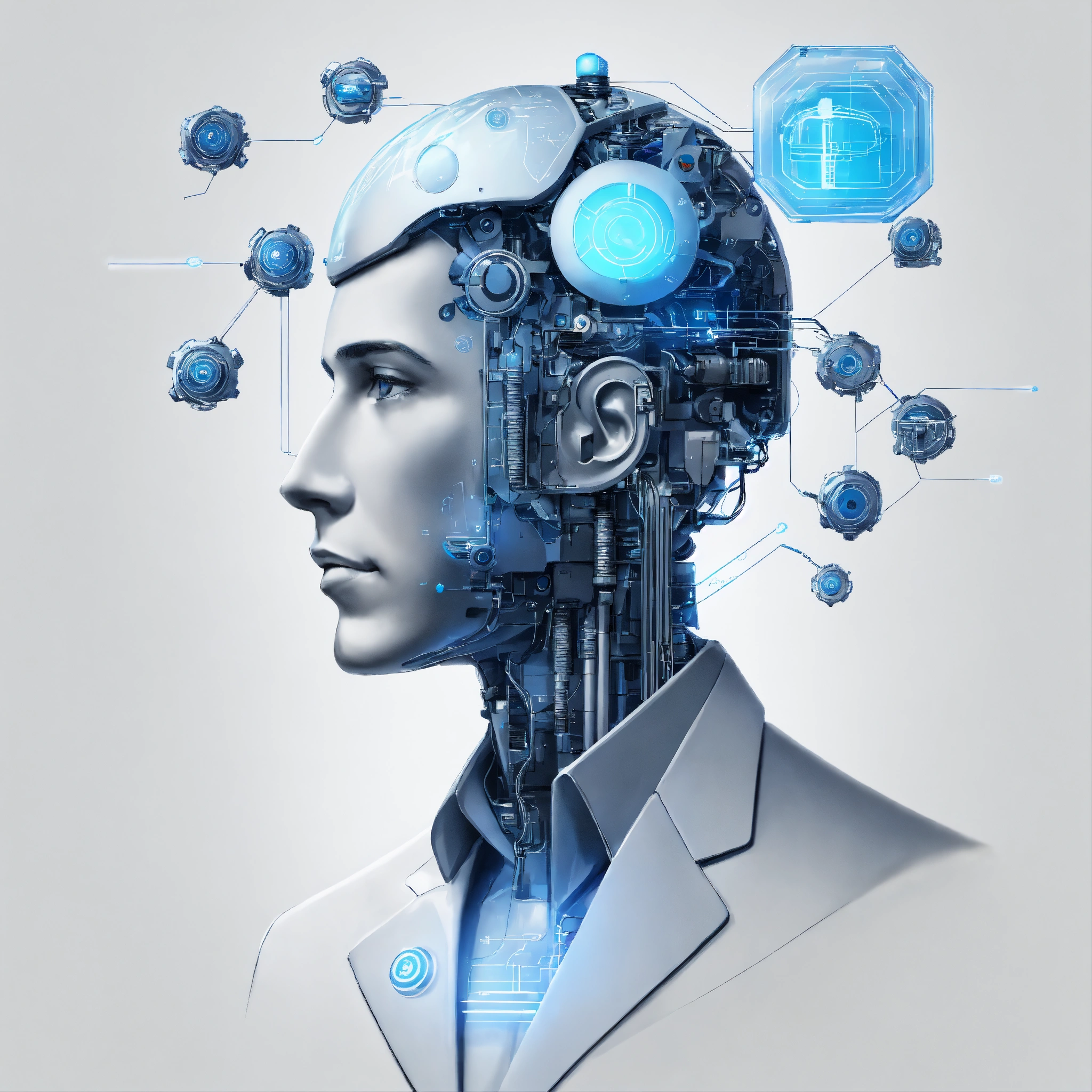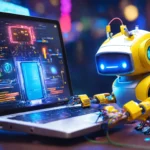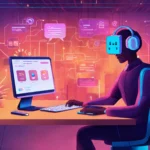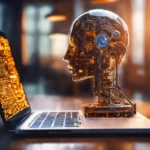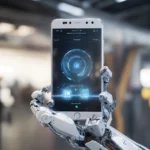Artificial Intelligence (AI) has rapidly evolved over the last decade and is now an integral part of our daily lives. From virtual assistants to personalized recommendations, AI is transforming the way we work, interact, and live. As AI continues to improve, it is reshaping many aspects of society, making tasks easier, faster, and more efficient. Let’s explore how AI is revolutionizing our daily lives in 2025.
1. Virtual Assistants: Your AI-Powered Personal Assistant
Virtual assistants like Amazon Alexa, Google Assistant, and Apple Siri have become household names. These AI-powered tools help us with a variety of tasks, including setting reminders, playing music, controlling smart home devices, and more. But in 2025, AI is taking virtual assistants to the next level, offering more personalized interactions and context-aware suggestions. Your virtual assistant can now predict what you need, offering proactive suggestions based on your preferences, schedule, and even location.
2. AI-Driven Recommendations: Tailoring Content to You
AI is changing how we discover content online. Whether it’s streaming services like Netflix or music apps like Spotify, AI algorithms are constantly learning about our preferences and recommending new movies, songs, or shows tailored specifically to us. This goes beyond entertainment—e-commerce platforms like Amazon and eBay use AI to suggest products based on your browsing and purchasing history, making shopping more convenient and personalized.
3. Smart Homes: AI at the Heart of Modern Living
The rise of smart home technology is largely due to AI. Smart thermostats like Nest adjust the temperature in your home based on your routine and preferences. AI-powered lights can adapt to the time of day, dimming when you need relaxation or brightening when you need focus. Security cameras use AI to identify familiar faces and distinguish between people, pets, and objects. These devices not only provide convenience but also enhance security, efficiency, and comfort, all powered by AI.
4. AI in Healthcare: Improving Diagnosis and Treatment
AI is having a profound impact on healthcare. From AI-powered diagnostic tools to robotic surgery, artificial intelligence is improving the accuracy and efficiency of medical services. In 2025, AI can analyze medical data, such as X-rays and MRIs, with incredible precision, detecting diseases like cancer at early stages. AI is also revolutionizing personalized medicine, helping doctors tailor treatments to individual patients based on their genetic makeup and lifestyle.
5. Self-Driving Cars: The Future of Transportation
Self-driving cars are no longer a distant dream. With AI and machine learning, autonomous vehicles are making roads safer and more efficient. AI technology allows these cars to understand traffic patterns, make real-time decisions, and even predict the behavior of other drivers. In 2025, we expect to see fully autonomous vehicles in more cities, improving mobility and reducing human error-related accidents.
6. AI in Finance: Smarter Investment Decisions
AI is transforming the financial sector by enabling smarter investment strategies and improving customer experiences. Robo-advisors, powered by AI, analyze market trends and make investment decisions based on real-time data. AI also helps in fraud detection by analyzing spending patterns and identifying unusual transactions. As the technology evolves, we can expect even more sophisticated AI tools that can predict market movements and provide personalized financial advice.
7. AI in Customer Service: Chatbots and Virtual Assistants
Customer service has seen a massive shift with the adoption of AI-driven chatbots and virtual assistants. These AI tools can handle everything from simple queries to complex troubleshooting, providing 24/7 support. They’re becoming increasingly sophisticated, able to understand natural language and respond to customer inquiries in a conversational manner. As these systems improve, they can predict customer issues and offer personalized solutions, enhancing the customer experience.
8. AI in Education: Personalized Learning Experiences
AI is revolutionizing the education sector by offering personalized learning experiences. AI-driven learning platforms can analyze a student’s strengths and weaknesses, adapting lessons accordingly. Whether it’s math, language learning, or even coding, AI is providing tailored educational content to help students learn at their own pace. Additionally, AI-powered tutors can assist students with homework, providing real-time explanations and feedback.
9. AI in Retail: Enhancing Shopping Experiences
In 2025, AI will continue to enhance shopping experiences both online and in-store. Smart mirrors can help customers try on clothes virtually, while AI-driven inventory management ensures that your favorite products are always in stock. In addition, AI can predict trends and customer preferences, helping retailers optimize their offerings and create personalized shopping experiences that feel more intuitive and engaging.
10. AI and Sustainability: Addressing Environmental Challenges
AI is playing a significant role in addressing global environmental challenges. From energy-efficient buildings to AI-powered agriculture, artificial intelligence is helping to reduce waste, improve resource management, and drive sustainability. AI algorithms are being used to monitor and optimize energy usage in real-time, making homes and businesses more eco-friendly. In agriculture, AI helps farmers with precision farming, ensuring more efficient use of water and land resources.
Conclusion: AI’s Growing Impact on Our Lives
AI has already made a huge impact on various aspects of daily life, and in 2025, its presence will only continue to grow. From personalizing content and improving healthcare to transforming transportation and enhancing the shopping experience, AI is shaping the future in ways we never imagined. As we move forward, we can expect AI to become even more integrated into our routines, creating a smarter, more efficient world that helps us live better, more connected lives.
